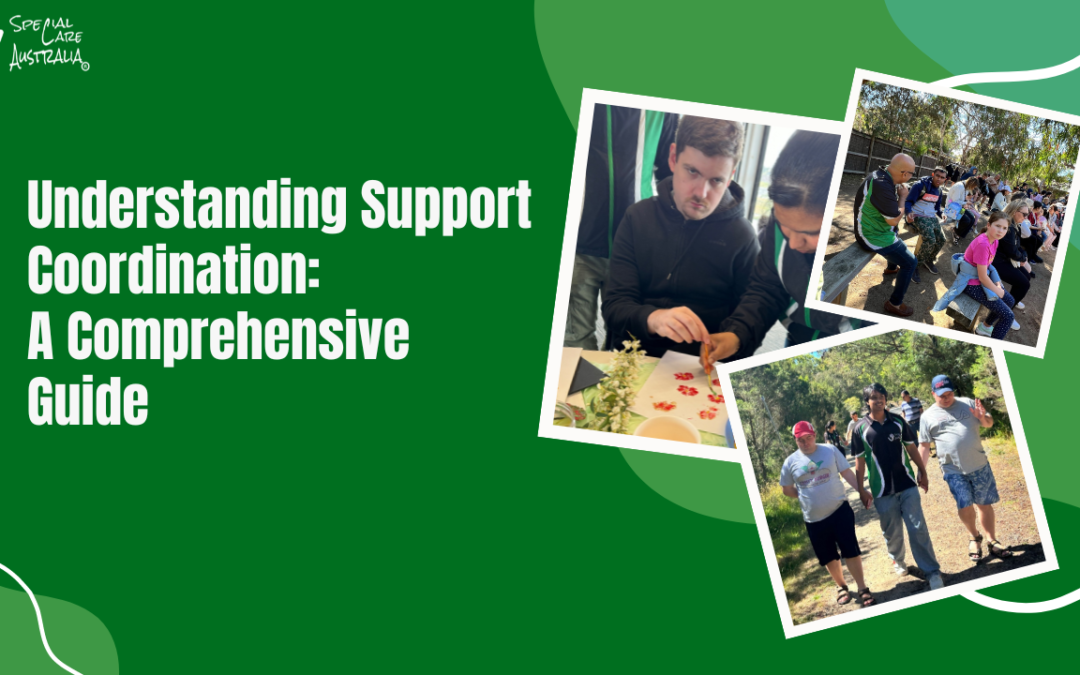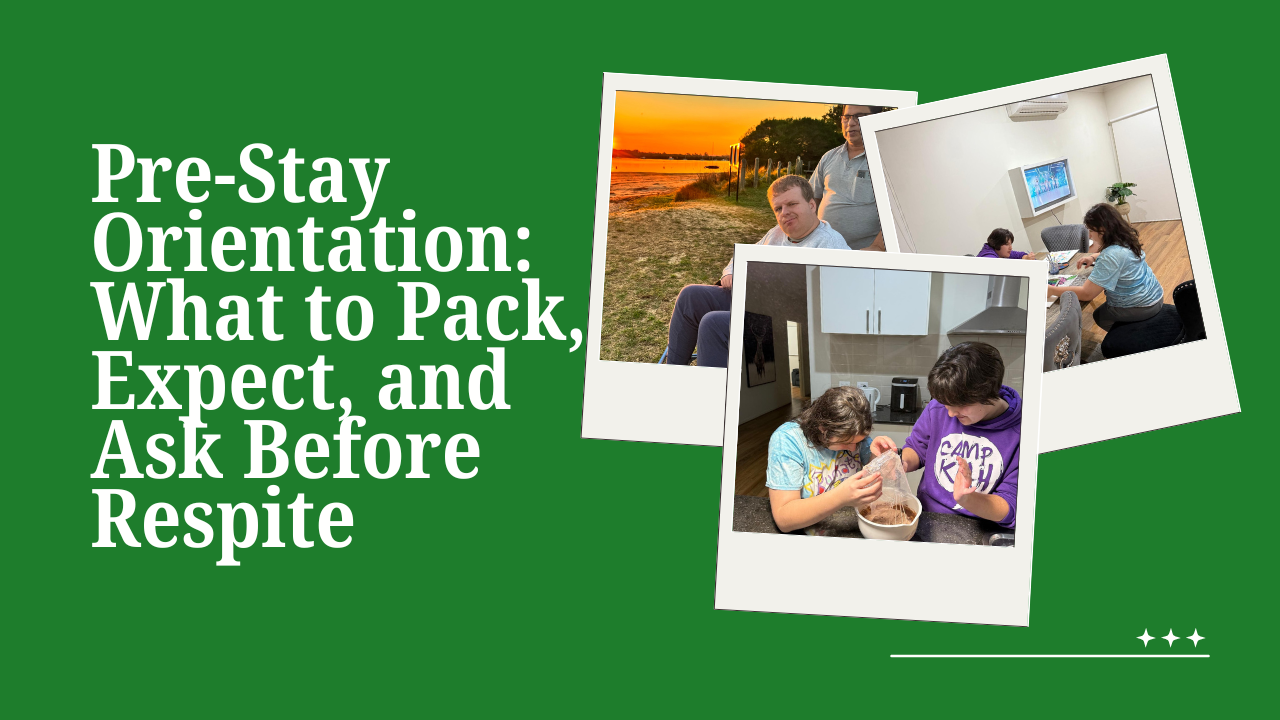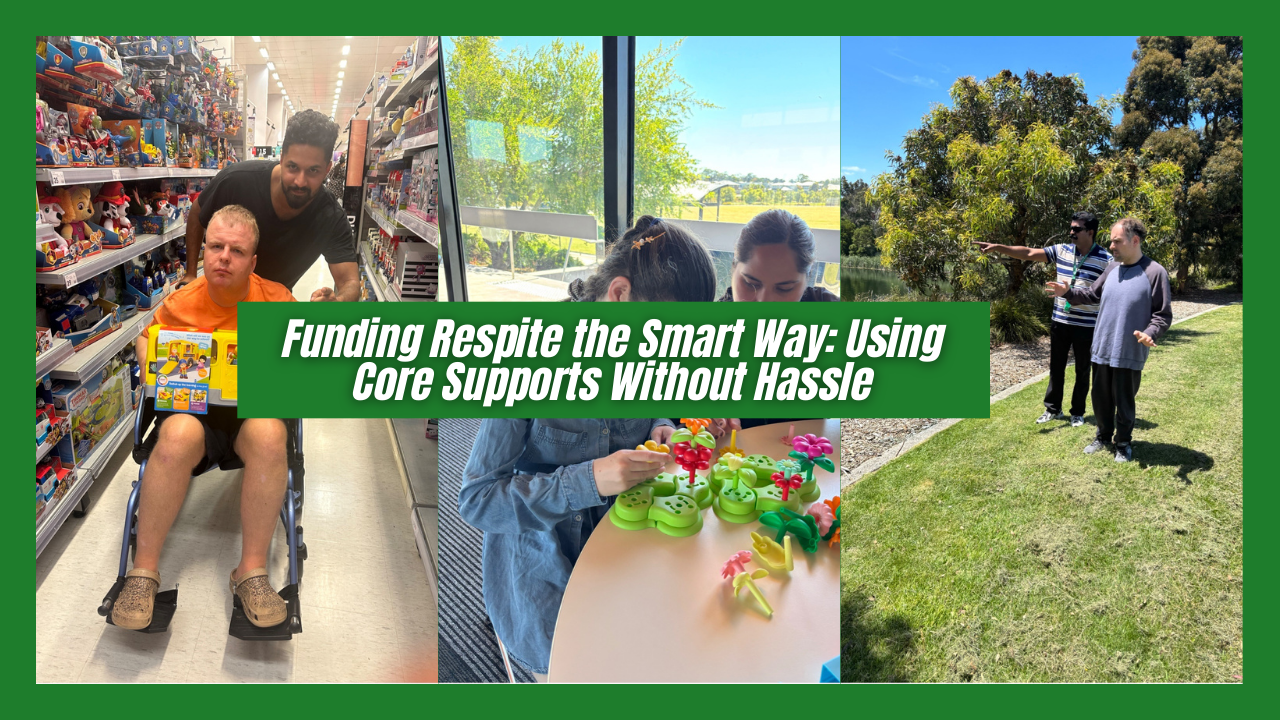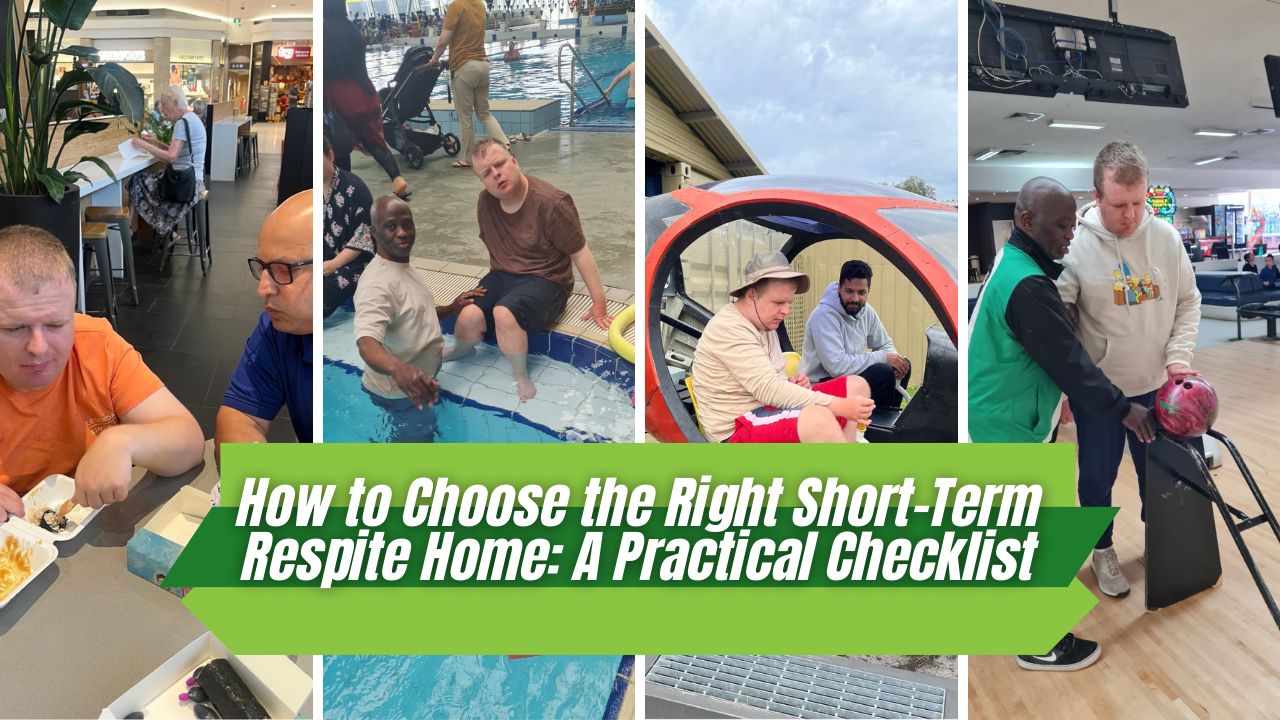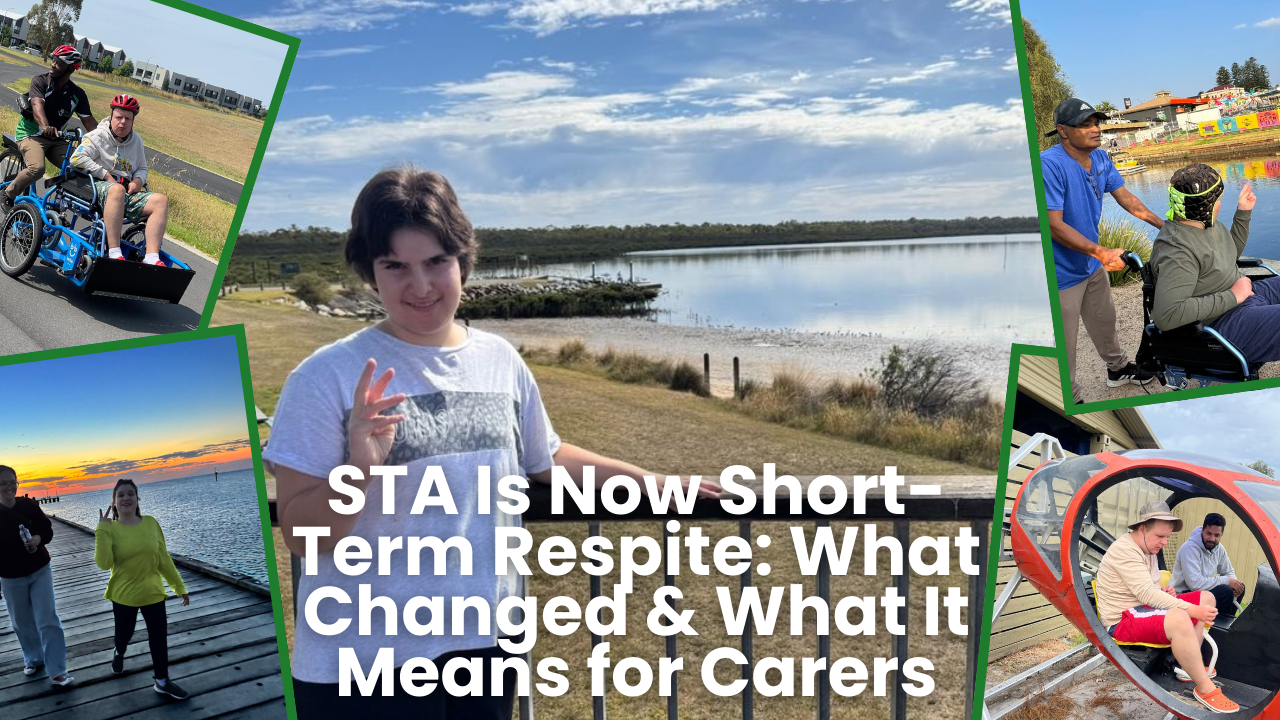Navigating the complex mesh of NDIS services as well as resources within the disability support landscape can be overwhelming for both people with disabilities and their caregivers. The confusion around eligibility criteria, complex details and managing multiple types of services often make it tough for NDIS participants to access essential support. This is where support coordination comes in.
Support coordination strategies help simplify the process by offering personalised planning assistance, expert guidance and efficient advocacy, making it easier for individuals with disabilities to access the services they need to lead a purposeful life.
Here, we explore the critical role of support coordination in eliminating complexities from the disability support system, depicting how it empowers NDIS participants while helping them achieve wellbeing and life goals.
What Is a Disability Support System?
It is basically a net of programs, services and resources that are designed to aid people with disabilities in living a meaningful and purpose-driven life while attaining their maximum potential.
This support system aims at providing support in different facets of life, including education, social inclusion, healthcare and activities of daily living. Spanning a plethora of services, it is often personalised to fulfil the specific needs of the participant, with a major focus of fostering wellbeing and independence.
What Is Support Coordination?
Support coordination is a crucial part of the disability support system that acts as a guide for people with disabilities and their family caregivers. Primarily, it helps navigate the complex mesh of resources and services available to NDIS participants.
Usually, support coordinators collaborate with people to determine their goals and specific requirements – based on which, they create a customised plan to recommend the suitable disability support services.
The aim of support coordination is to boost quality of life, wellbeing and independence of individuals with disabilities by making sure they have access to the appropriate services exactly when they need it.
Support coordination assists you in making the most of the supports available in your NDIS plan. As a capacity building support, support coordination helps individuals to:
- Understand and make use of the NDIS plan to meet their goals
- Connect them with NDIS providers as well as mainstream, community and other government services
- Develop their skills and confidence while coordinating their supports.
- A support coordinator delivers support coordination services.
Who Provides Support Coordination Services?
In general, support coordination services are provided by skilled professionals with complete understanding of the disability support system’s complexities. Support coordination service providers may include case managers, support coordinators and/or disability advocates.
How Support Coordination Simplifies Access
Here is how support coordination simplifies the process of accessing the disability support system:
-
Customised Support Plans: Within the disability support system, support coordination exemplifies customisation. An in-depth assessment is conducted to determine the specific needs, goals and aspirations of the participant. Based on this information, support coordinators work with the participant and their family to create a tailored disability support plan, which describes the particular resources and services that might help the individual meet their needs and attain their goals. By personalising the available support to the status, aspirations and preferences of the individual, support coordination makes sure that their journey remains aligned with their goals, thereby raising the odds of success.
-
Assistance with Administrative Tasks and Paperwork: Managing the heaps of paperwork and multiple administrative tasks is another challenging aspect of navigating the disability support system. This is where support coordination acts as an expert guide. They help by collecting the necessary documents and filling out forms while making sure that the individual qualifies for the support. Not only does it help streamline the process, but it also lowers the risk of errors that might result in unnecessary delays or rejection. Having support coordination by their side, NDIS participants can solely concentrate on their personal wellbeing and objectives.
-
Maximising Resources and Navigating Funding Options: Financial limitations can negatively impact your access to eligible support services. Leveraging their expertise, an NDIS support coordinator near you can determine the funding options available to you, including grants, government programs and/or insurance. Besides maximising the resources available to individuals, they make them understand their insurance, such as out-of-pocket expenses and copayments. Simply put, support coordination strategies ensure that the participants have access to the eligible services without any financial constraints.
-
Empowerment and Advocacy for Individuals with Disabilities: Empowerment and advocacy are perhaps the two major ways through which support coordination simplifies the process. Advocating for the needs and rights of people with disabilities, they make sure they receive the necessary services, supports and accommodation. Additionally, they enable the NDIS participants to become self-advocates, so that they can confidently apply their knowledge to independently navigate the system, if needed. This promotes a sense of autonomy and control, making it easier to navigate the complex system.
Support Coordination at Special Care Australia
At Special Care Australia – a registered provider of NDIS support coordination services in Melbourne – we understand the importance of tailored support coordination for the unique needs of NDIS participants.
Our compassionate team is here to help you navigate the complexities of the support system, so that your loved one receives the best care and services, tailored to their specific goals and aspirations.
Leveraging our expertise and experience, we aim to enable individuals with disabilities to live a purposeful and fulfilling life while achieving their full potential.


